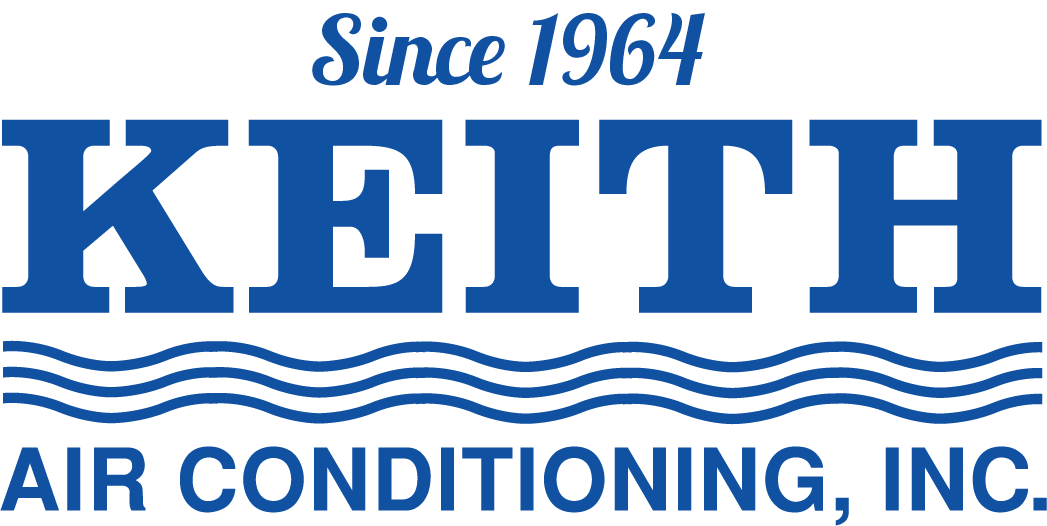 If you’re in the market for a new air conditioner, you probably have two questions on your mind: “How much will it cost me upfront?” and “How much will it cost in the long run?” To answer those two questions, it’s important to look at both the lifetime costs of an air conditioner replacement, as well as how much it will initially cost.
If you’re in the market for a new air conditioner, you probably have two questions on your mind: “How much will it cost me upfront?” and “How much will it cost in the long run?” To answer those two questions, it’s important to look at both the lifetime costs of an air conditioner replacement, as well as how much it will initially cost.
What Are Initial Costs?
The first time you set eyes on a new AC the first cost you’ll notice is the price tag. This is what buyers typically focus on most when it comes to buying a new cooling system. Installation costs might also be thrown into the initial cost equation.
As a given, air conditioners that offer greater energy efficiency often sport higher price tags than those that offer a lower price and lower overall efficiency. For instance, a system with a seasonal energy efficiency ratio (SEER) of 18 might cost more than one rated at SEER 13.
Looking at just the initial cost of an air conditioner isn’t enough when it comes to purchasing one. To get a bigger picture of how much an air conditioner might cost you throughout its life, it’s important to consider the lifetime costs of an A/C replacement as well as its initial costs.
What About Lifetime Costs?
Picking the cheapest ACsystem available might seem like a money-saving move on the outset, but it could easily cost you money over time. For this reason, you should always consider the lifetime costs of an A/C replacement as you pick out your next cooling system.
These costs often include:
- Overall system maintenance and upkeep, including regularly scheduled service visits and emergency calls
- Energy consumption and cost throughout the system’s projected life span
System quality and energy efficiency play vital roles in determining an air conditioner’s lifetime costs. For instance, a cooling system that cuts corners when it comes to its internal components might be cheaper than a higher quality system. However, those low-quality components won’t operate with the same energy efficiency that a high-quality unit is capable of. As a result, the cheaper A/C system will actually cost you more money long-term than an initially expensive, yet more energy-efficient system.
Systems with high SEER ratings and the latest in energy-saving technology may cost more, but they’re also capable of saving you money over the long run. Energy-efficient compressors, variable-speed blowers and refined evaporator and condenser coil designs can help reduce energy consumption, thus reducing the overall energy cost associated with running air conditioners over the course of its life.
Maintenance also plays a key role in lifetime costs. The more maintenance an air conditioner needs, the higher its lifetime costs will eventually be. Systems built with high-quality components don’t need as much maintenance as cheaper, lower-quality options. High-quality components aren’t as likely to break down suddenly, either. Emergency repairs are perhaps one of the biggest cost sinks when it comes to air conditioner ownership.
Which Is More Important?
If you have a tight budget and need an air conditioner replacement right away, initial costs may be far more important to you than the lifetime costs of an A/C replacement. Nevertheless, you should try to purchase as energy-efficient a system as your budget can stand.
If immediate cost isn’t much of an object, then purchasing a new air conditioner with a higher initial cost but greater energy efficiency is a better long-term investment. In most cases, a highly efficient A/C system will pay for itself in energy savings over its life span.
You might also want to factor in your home’s overall energy consumption when figuring out an air conditioner’s lifetime costs. There are plenty of ways you can lower energy consumption throughout your home.
Learn more about the lifetime costs of an air conditioner replacement from the experts at Keith Air Conditioning, Inc., or give us a call at 251-476-3610 to schedule an appointment!
 If you’re one of the 50 million Americans suffering from allergies, chances are you’re looking for ways to improve your home’s indoor air quality. Even if you don’t suffer from allergies, boosting the overall quality of your indoor air can significantly increase your daily comfort.
If you’re one of the 50 million Americans suffering from allergies, chances are you’re looking for ways to improve your home’s indoor air quality. Even if you don’t suffer from allergies, boosting the overall quality of your indoor air can significantly increase your daily comfort.

 If you’re in the market for a
If you’re in the market for a